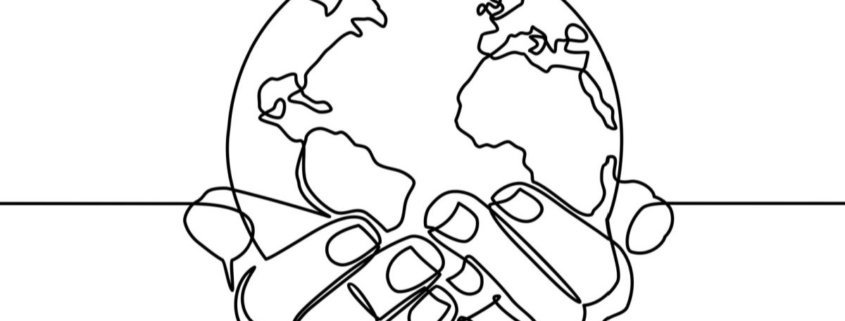What Will You Do?
October 26, 1948. That’s the day a mysterious fog descended upon the valley town of Donora, Pennsylvania. Residents of the small mining town had grown used to murky air over the years but on this day in Donora, the morning fog just didn’t lift.
At first, no action was taken. The residents of Donora, who relied on the American Steel and Wire plant and the Donora Zinc Works for their livelihoods, had become accustomed to heavy pollution. For this town, smoke in the air was considered a sign of progress and prosperity, whereas clear skies meant economic depression and unemployment.
And yet, something more troubling than an economic depression was brewing. As the thick smoke worsened, so did the coughing, and residents reported trouble breathing. The seven doctors in town were overrun with patients. All this while the Donora Halloween parade and high school football game went on as usual.
The 1948 Donora smog is now considered the worst air pollution disaster in U.S. history. It left 20 people dead and an additional 5,900—43% of the population of Donora—with long-term health effects. But as that historic moment was playing out in real-time, most residents weren’t willing to do anything about it.
Except for Dr. William Rongaus.
Dr. Rongaus went door-to-door, treating patients for their respiratory symptoms and encouraging them to leave town if they could. He was the first to blame the smog on poisonous gases emitted from Donora ZincWorks and his actions saved hundreds of lives.
In a town that was economically sustained by the mills, speaking out against local industry was unimaginable to most. But the purpose-driven Ronghaus saw only one viable option: people over profit. Lives over livelihoods.
Could you have done the same?
74 years and many Clean Air Acts later, we’re still living through moments like the Donora Fog today. Despite regulation, air pollution causes nearly 7 million deaths worldwide each year, and there are compounding climate crises affecting every inch of our globe, including those in our own communities. But on most days, many of us go through life accepting “the fog” as a normal way of life. As Frankie Orona, a storyteller on the People over Plastic podcast recently noted, a gallon of water now costs more than a gallon of gas in some communities. If that’s not cause for action, then what is?
Rather than forget the long-ago actions of Dr. Ronghaus, maybe today’s climate crisis can be a call to carry forward his actions, and to ask ourselves: what will I do?
Bottom line: Every day brings with it a new opportunity to take action: to say something, if we see something, and to act in service of people, and planet. Because if we don’t act when we see the fog rising, what can we expect for our future, other than disaster?
Ready to take action today? Learn more at People over Plastic and check out their new podcast series in partnership with Prism.
This is week 42 of the Finding The Words column, a series published every Wednesday that delivers a dose of communication insights direct to your inbox. If you like what you read, we hope you’ll subscribe to ensure you receive this each week.





 Check out our new
Check out our new